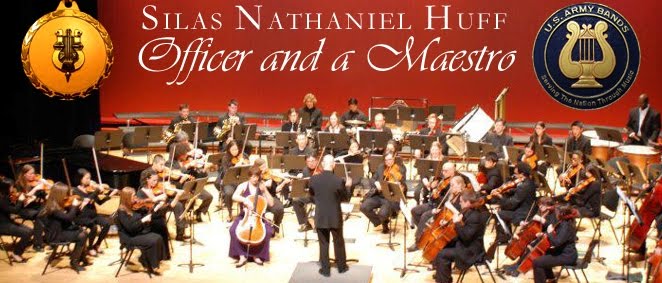 Being a music director of a professional orchestra is a lot of fun, but it's not all waving a stick and taking a bow. There is the extremely important and mildly unpleasant task of raising money to support the orchestra to think about constantly. Opera, ballet, and symphonic music are among the most rewarding art forms that exist, but they are also among the most expensive to produce. And expensive art requires a lot of money.
Being a music director of a professional orchestra is a lot of fun, but it's not all waving a stick and taking a bow. There is the extremely important and mildly unpleasant task of raising money to support the orchestra to think about constantly. Opera, ballet, and symphonic music are among the most rewarding art forms that exist, but they are also among the most expensive to produce. And expensive art requires a lot of money.The Quick History of Funding Symphonic Music
A long time ago, "classical" music - that is to say fancy, expensive orchestra music - was the domain of the aristocracy only. Royalty and other aristocrats funded classical music out of their deep coffers because, well...because they could. Churches did the same. A duke might throw a party and hire an orchestra to entertain the guests. An archbishop might order up a grand cantata for a special occasion. Or an emperor might order an opera house built and an opera company formed to entertain all the aristocrats of his domain. All performances were funded complete by the richie-rich who ordered the performance(s). Some wealthy families hired orchestras to live in their palace like servants and be at their beck and call at all times. They would often hire a composer and conductor to be their composer-in-residence (in those days "in residence" had an entirely more literal meaning).
 The Estherhazy family had Franz Joseph Haydn living in their house, for example. He wore a uniform, and was an employee of the house. This type of music became a luxury of the upper class, a stigma that classical musicians are still trying to eschew.
The Estherhazy family had Franz Joseph Haydn living in their house, for example. He wore a uniform, and was an employee of the house. This type of music became a luxury of the upper class, a stigma that classical musicians are still trying to eschew.As democracy took hold in the 18th & 19th centuries, this structure slowly collapsed. As education improved, the European classes structure faltered, and the gap between the wealthy and the lower class closed, the system of paying for and creating symphonic music, opera, and ballet evolved. "High art" was no longer deemed the property of the upper class.
In some countries, governments took up the torch and paid for it out of tax money. In other countries, the private sector, consisting of remnants of the aristocratic class and "new money" folks made wealthy in the industrial revolution, funded these expensive art forms with limited assistance from the government because they recognized its importance to society.
Today - in America - opera, ballet, and symphonic music are funded mostly through the generosity of individual donors, private foundations, and corporate sponsors who know that by subsidizing this art we improve the quality of life in America and help make the general populace more educated, sophisticated, and...(is civilized the right word?). Wealthy people and companies like MetLife, Credit Suisse, Target, and JPMorganChase support the arts in America because they know it's good for business, good for America. They fund nearly 40% of the expenses incurred by arts organizations. HERE are the people who support the NY Philharmonic, for example. Ticket sales and other "earned income" fund another 40%.
But it's not enough. The government chips in a bit, and that support is crucial to thousands of arts organizations. According to the League of American Orchestras Quick Orchestra Facts, orchestras are funded in this way:
- 39% private donors (individuals and corporations)
- 33% concert income (ticket sales)
- 15% endowment
- 8% other earned income (CD sales, tuition, services, etc.)
- 5% government support.
 Thank you, NYC DCA, for helping New York City have the greatest arts community in America (the world?). We are truly fortunate to have you.
Thank you, NYC DCA, for helping New York City have the greatest arts community in America (the world?). We are truly fortunate to have you.










